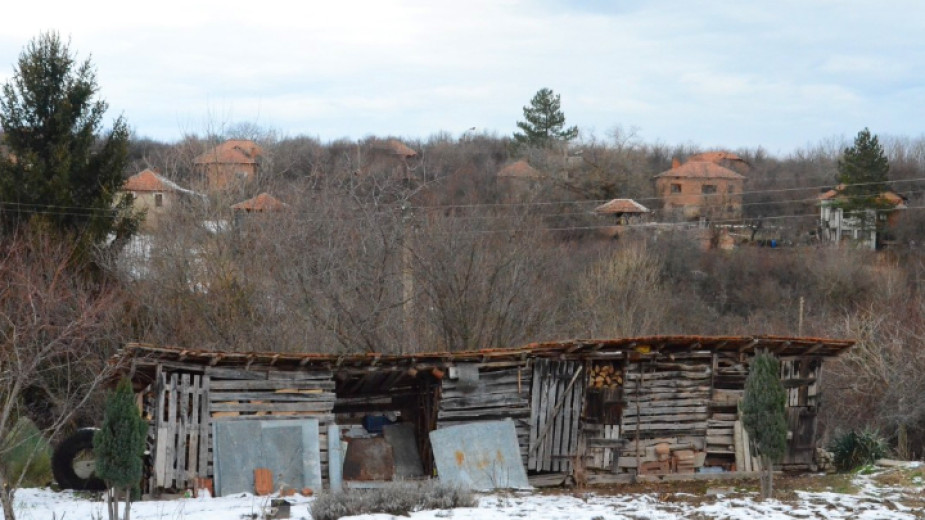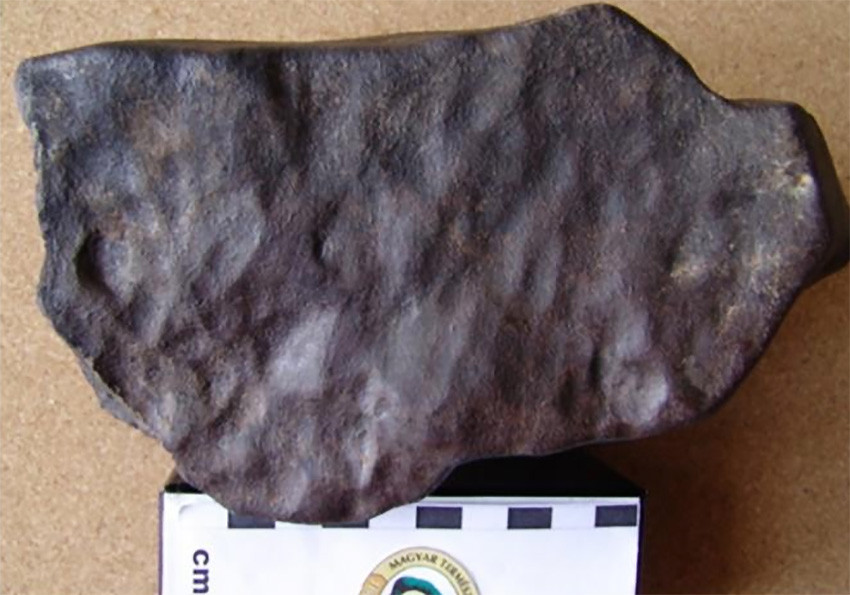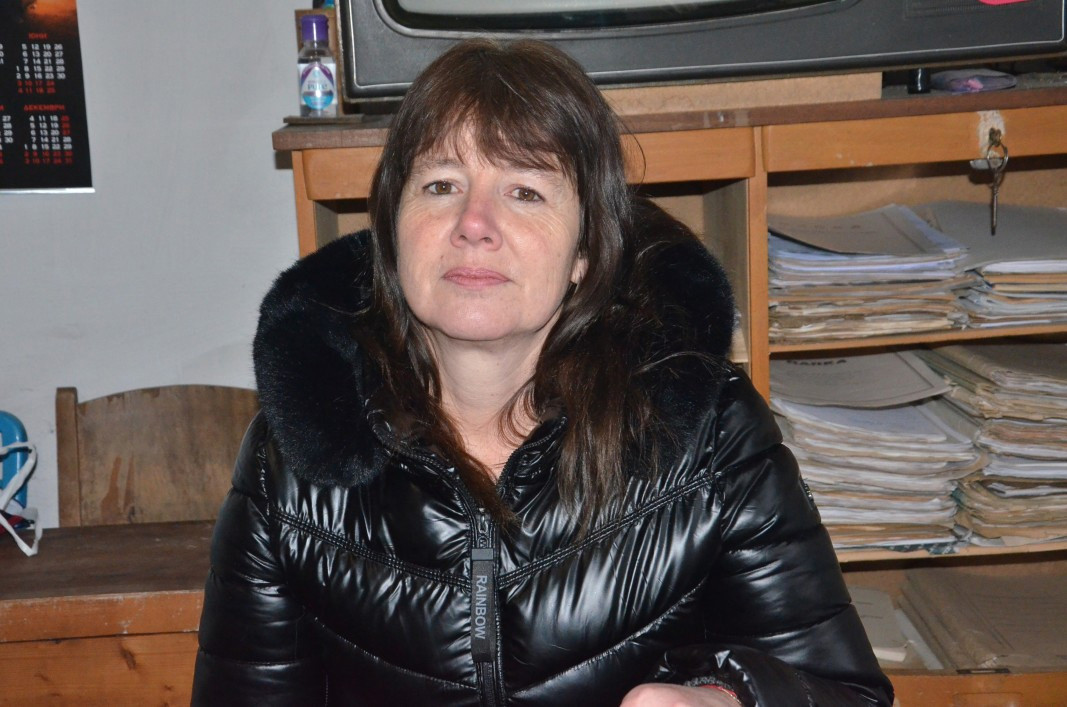 10
10
With a population of just 10, and all of them aged over 70, life in the village of Varba in Belogradchik municipality in Bulgaria’s Northwest is bleak.
150 years ago, the village was the scene of a memorable event. On 20 May, 1874, a meteorite weighing 3.6 kgs. fell from the sky in the oak forest near the village with a loud boom. It is one of the few meteorites to have landed on the territory of the country, and is well known to scientists in Europe and the US. The biggest chunk of the rock that came flying from space is now kept at the museum of natural history in Budapest, other pieces are in Vienna, Paris, London, Berlin and Chicago. 
The houses of Varba village are perched on two hills with a gully in between. Its 10 inhabitants live on one of the hills, with nature gradually reclaiming the other hill.
“There are empty houses in the village which are up for sale but there is no interest in buying them. Maybe the reason for that is that there isn’t even a shop in the village, no conveniences, no transportation for people to go to Belogradchik and back – they all have to use their own transport or rely on friends. Bread is delivered from Belogradchik by van on Mondays, Wednesdays and Fridays,” deputy mayor Lilly Antonova says in an interview with BNR-Vidin. Her words are not at all optimistic but they do paint a realistic picture of what is happening in many villages of Northwestern Bulgaria. 
Power outages are not infrequent here, and they create all kinds of problems, including problems connected with mobile phone operators, as their closest cell is in the neighbouring village of Rabisha.
“When the electricity is out there we are left without any services for up to one hour – no phones, no internet. And if during that time any one of the elderly people needs medical help, they have to find me, and then I do what I can,” Antonova says. “I transport them to Belogradchik (11 kms.), I buy them groceries, medicines. They are all seniors and they rely on me for absolutely everything. They call me up day and night if there is a power or water outage. We have problems with the water supply as well, because we use pumps and when the electricity is out the water is out as well.”
Two of the houses in the village were bought and have new owners who are Romanian. Tut after an initial bout of enthusiasm, which took them to their property often, by 2023 their interest seems to have waned and they no longer come. One of the reasons is probably that there are no investments in the village whatsoever.
The conversation is joined by one of the elderly people living in the village – Kosta Georgiev, who used to keep the shop here. He says that years ago there used to be a stone quarry near the village, and a farm with farm animals. In the 1970s there were more than 700 heads of cattle and hectares of arable land, the village had about 100 inhabitants. There was even a local fair on 2 and 3 June but it is long forgotten:
“When the cooperative farm was set up in 1949, my father was the first person to have organized its functioning with people and equipment. That went on until about 1960, after which people moved away, to the cities – to Belogradchik, Lom, Vidin, Sofia, and gradually, the village and the surrounding area was depopulated.”
Interviews by Katya Borissova, BNR-Vidin
Compiled by Yoan Kolev
Translated and posted by Milena Daynova
Photos courtesy of Prof. Borislav Toshev, Genady Tsokov, BNR-Vidin
The prices of Easter goods are rising The Easter meal in the Balkan countries will be more expensive this year, BTA reports. Lamb in Serbia costs about 1,400 dinars (EUR 11.5) per kilogram in supermarkets. On Good Friday, fish..
Residents and visitors to Sofia will have the opportunity to learn more about Bulgarian scientists working in Antarctica and their important role in the exploration of the continent. The exhibition "Antarctic People - Caring for the Earth" by BNR..
Looking and feeling your best doesn’t have to come at a high price — especially in Bulgaria. The country has become a rising star in beauty tourism, offering top-tier salon services at prices that won’t break the bank. Whether you’re a local or a..
Residents and visitors to Sofia will have the opportunity to learn more about Bulgarian scientists working in Antarctica and their important role in the..
The prices of Easter goods are rising The Easter meal in the Balkan countries will be more expensive this year, BTA reports...

+359 2 9336 661
